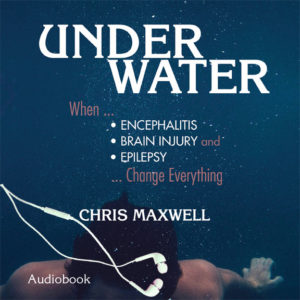The week ended. The week merging celebration and accusation ended.
Weeks do that. They begin their sprint then rush toward a conclusion. Like stories, our weeks contain components of drama and tension and conflict and romance and resolution. To pause during our weeks indicates we notice the fragments, we see the invisible, we imagine the wonder, we gaze beyond the obvious. We believe. While doubting and questioning, we choose to believe. When feeling nothing much at all, we believe.
Even when we watch a Hero punished.
Even when we turn our back on our Hero.
Even when we hide, barely able to notice our Hero dying.
Even when the conflict and tension appear to indicate our selected Hero became the victim.
Christ’s followers found themselves not sitting on our comfortable seats in the theater many years later. They weren’t standing to sing a reverent song in remembrance of a distant holiday. They were there as it occurred. Their screen was real time. Their ears heard; their eyes saw; their emotions felt.
Their lives—risking all to pause and follow by chasing the dreams of a single figure in this drama—appeared to be ending also.
But we must pause here. We must not rush past this part of the story. If we revisit this scene often enough, if we taste the reminders of Holy Communion deeply enough, if we image the bloody depiction realistic enough, we let sacraments bring faith and hope and love. We allow death to fetch us life.
How? Because from the scene of Christ’s cruel death comes a segment of this narrative that gives us deeper reason to pause, that offers us a larger purpose for mentally noticing all the wonder these pages have offered as realities in the present.
Today’s blog is from Chris’ book, Pause With Jesus. Learn more and purchase copies here.









